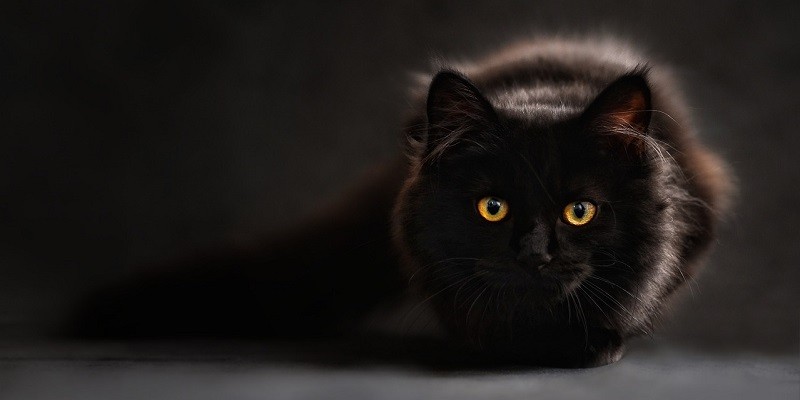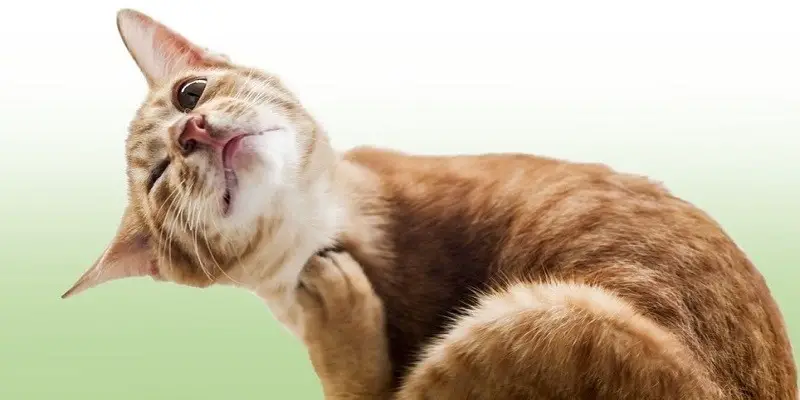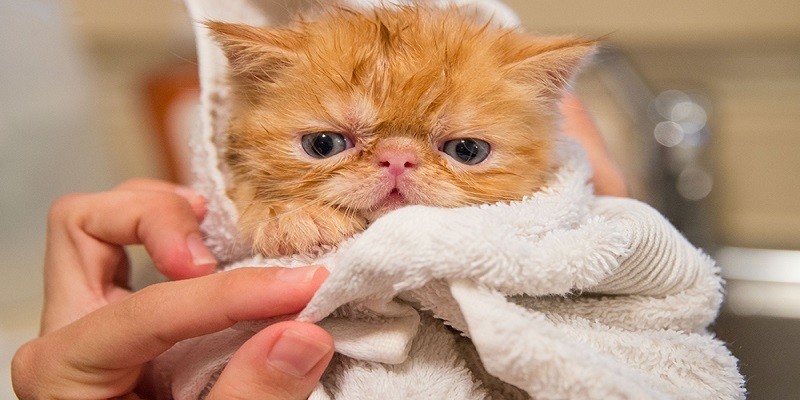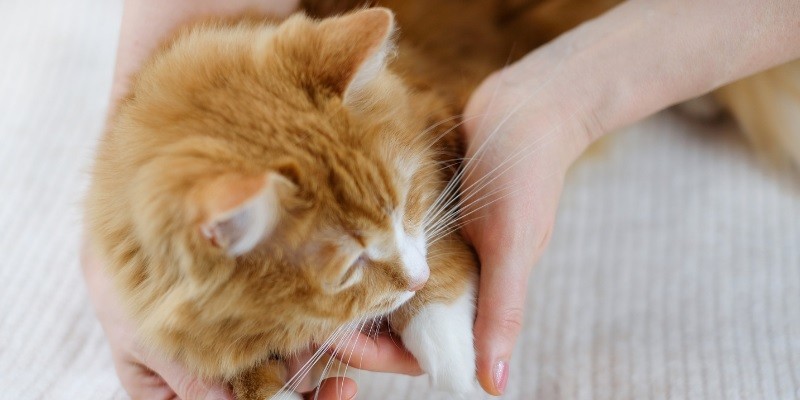Last Updated on May 30, 2023 by Pauline G. Carter
Although cats are natural predators, they do not display aggression without reason. Whenever you notice signs of aggression in your feline best friend, it might originate from physical or behavioral issues. If the trigger is behavioral, it is best to consult a specialist who will diagnose the potential cause and find the right strategy to solve it. And if physical reasons cause your cat’s anxiety and aggression, then your vet is best placed to issue a diagnosis and offer medical solutions.
CBD is one of the potential remedies you can explore to address your furry companion’s hostility. Read on to find out more about this CBD use case; this article explains how to identify aggressiveness in your cat and how CBD oil can help curb it.
Understanding Your Cat’s Aggressiveness
The first step in dealing with cat aggression is to rule out any underlying health and psychological problems that may lead them to act violently. Conditions ranging from central nervous system diseases, dental-related pains, and osteoarthritis to feline hyperthyroidism could cause your cat’s hostility. Take your cat to the vet immediately if you see any concerning symptoms. Once you’ve determined that it isn’t a physical condition, you may seek a behavioral specialist who will help diagnose and solve the problem.
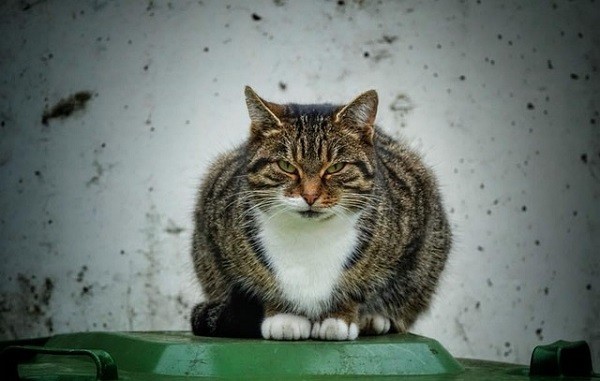
Different Types of Aggression in Your Cat
As we have mentioned, if a physical illness does not trigger your cat’s aggression, it may happen because of psychological or behavioral issues. Here are a few identifiable types of aggressive patterns in your cat and tips on how to manage them.
Maternal Aggression
Female felines who have recently given birth and now spend time feeding their kittens are more prone to exhibit maternal aggressiveness toward anyone approaching them or their little ones. Owners should provide these cats with a low-stress setting where they can feel comfortable with guests, particularly strangers. Maternal aggressiveness typically fades as the kittens mature and become independent.
Playtime Aggression
Young felines and kittens who haven’t had the chance to play with other cats are more likely to exhibit play aggressiveness. This is especially true for cats who were reared alone or did not have the opportunity to learn that clawing and biting with excess force is unacceptable.
This problem is readily solved by deflecting the cat’s attention with active play or restricting activities that promote play violence. Another method is to employ a conditioning mechanism, such as a specific sound, to warn your cat not to repeat the misbehavior. Apply it each time the cat displays signs of hostility to teach them that acting out during playtime is unacceptable.
Territorial Aggression
Cats enjoy establishing and defending their territories. When new cats, other pets, or humans enter their territory, they may become violent. This frustration typically manifests by swatting, pursuing, and assaulting the intruder.
Fear Aggression
Cats can use hostility as self-defense to protect themselves from other predators or any other type of danger. Monitoring how your feline acts may help you detect fear-induced aggression. They are not upbeat or playful when they flatten their ears against their skulls, reveal their bare fangs, and stoop low to the ground. Cats will also get aggressive if put in settings that remind them of unpleasant occurrences, such as going to the vet or being taken to their transportation crate for a trip.
Petting Aggression
The cause of this type of aggression is unknown, but some cats may become violent when touched. Overstimulation, which cats despise, is one possible explanation. When you are going overboard with petting and touching, your cat may get aggressive in an attempt to gain control of the situation. Sometimes, even routine tasks like washing, nail clipping, and grooming can cause hostility in kitties. Petting-induced aggression is characterized by pupil dilation, tail lashing, and sliding the animal’s ears backward on the head before striking.
How CBD Oil Helps Cats with Aggression?
Studies have shown that CBD is safe for cats and may help reduce their aggression, regardless of a physical or behavioral issue drives it. Still, you need to understand how CBD works before including it in your pet’s regimen. Cannabidiol (CBD) and other cannabinoids influence the endocannabinoid system’s (ECS) activities by interacting with its receptors directly or indirectly. These cannabinoids act as neurotransmitters, assisting healthy cell communication.
The ECS contains two distinct categories of receptors: CB1 and CB2. CB1 receptors are predominantly found in cats’ brains and central nervous systems, while CB2 receptors are widely distributed in the immune system and auxiliary organs. The former are involved in the regulation of pain, motor control, mood, memory processing, and sleep cycles. The latter are in charge of decreasing inflammation and protecting tissues. These anti-inflammatory responses may aid in a cat’s well-being, reducing aggressive behavior.
Types of CBD Oil for Aggressive Cats
CBD oil, in its purest form, contains cannabinoids, terpenes, flavonoids, essential fatty acids, vitamins, and minerals. These substances work together to boost the extract’s overall health effects.
- Full-spectrum CBD oil contains a trace amount of THC (0.3% or less) but not enough to cause intoxication in your cat.
- Broad-spectrum CBD oils are another option that resembles full-spectrum CBD oils, except they contain less THC. The psychoactive ingredient is eliminated once the manufacturer has acquired a crude extract.
- CBD isolate is another enticing option for cat parents because it contains purely CBD. On the one hand, this is beneficial if you are only interested in the health advantages of CBD. However, due to the so-called bell-shaped dose-response curve, such medications do not exploit the entourage effect and are more difficult to dose.
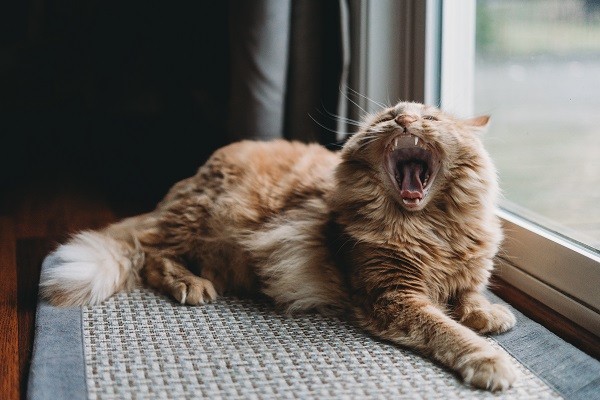
How to Choose the Best CBD Oil for Your Cat’s Aggression
If you’re looking for beneficial resources on how to choose CBD oil for cats aggression https://askgrowers.com/cbd/cbd-oil-for-cats-aggression will be of much value. Here are a few things to consider as you purchase CBD oil to help your furry best friend cope with aggressiveness.
- Examine the hemp source. The cannabis infused in your CBD oil ought to originate from organic, non-GMO crops cultivated on US farms. Look for manufacturers that get their hemp from licensed suppliers.
- Choose CO2-extracted oil. This approach uses pressurized carbon dioxide to produce hemp extracts that effectively and securely transmit all of the medicinal components found in cannabis.
- Search for CBD oils containing MCT oil. Such products have medium-chain triglycerides sourced from coconut oil due to their high saturated fat content. While certain companies may try to entice you with CBD oils that contain hemp oil to ‘keep everything within the cannabis family,’ the truth is that the more saturated fats you consume, the more CBD you will absorb. Not to mention that MCT oil can help to mask the earthy taste of full-spectrum CBD.
- Request for a certificate of analysis (COA). Every item in the batch should be examined for potency and purity at a third-party laboratory, along with results for pesticides, heavy metals, solvents, and microbiological contaminants.
How to Administer CBD Oil to Your Aggressive Cat?
The most effective approach for administering CBD oil to cats is sublingual. To enjoy maximum CBD absorption, your cat should be able to hold the oil beneath the tongue for roughly 60 seconds. However, some felines are fussy about CBD oil, so cat parents frequently mix it into everyday food. This may delay the onset of CBD and limit bioavailability but results in longer-lasting effects.
Topical CBD is expected to deliver the best results for localized conditions that may induce aggression, such as arthritic flare-ups or physical injuries. When administered topically, CBD interacts with the cutaneous endocannabinoid system, acting on CB2 receptors and easing physical discomfort.
Final Thoughts on Using CBD Oil on Aggressive Cats
CBD is a versatile medicinal ingredient that can enhance your cat’s quality of life by regulating its endocannabinoid system. However, due to a shortage of research investigations on cats, the usefulness of CBD in treating some medical disorders remains to be discovered. If you believe CBD might help reduce your cat’s aggression, consult a veterinarian familiar with providing CBD oil to cats. Do your due diligence because vets aren’t legally allowed to prescribe CBD to cats.
The author of this article is Lana Braslavska, an expert in CBD product use and a regular contributor to the AskGrowers blog. She is continually engaged in cannabis research analysis, specifically focusing on CBD use findings for pets and humans. Lana spreads data-backed knowledge about CBD benefits to help different categories of consumers enjoy ultimate health benefits from safe, carefully selected CBD picks.
About Author (Pauline G. Carter)

Pauline G. Carter is a well-known pet blogger who has written about the world of pets for several years. She is passionate about pets, from cats and dogs to birds, reptiles, and poultry. Her blog, which is updated regularly, is filled with articles and guides on pet care, nutrition, and training. She also shares her experiences and observations on pet ownership, making her blog relatable and informative for pet lovers. She is a true animal advocate and is dedicated to promoting responsible pet ownership. Let’s Go …
